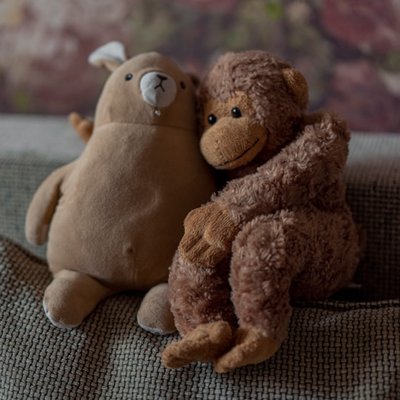- Dictionary
la nación(
nah
-
syohn
)A feminine noun is almost always used with feminine articles and adjectives (e.g., la mujer bonita, la luna llena).
1. (state)
La Unión Europea está compuesta de 28 naciones independientes.The European Union is comprised of 28 independent nations.
2. (citizens)
a. nation
El rey se dirigirá hoy a la nación en su acostumbrado discurso navideño.Today the king will address the nation in his customary Christmas message.
b. people
El candidato reconoció su derrota y aceptó la voluntad de la nación.The candidate acknowledged his defeat, and accepted the will of the people.
3. (territory)
Examples
Phrases
Machine Translators
Translate nación using machine translators
Random Word
Roll the dice and learn a new word now!
Want to Learn Spanish?
Spanish learning for everyone. For free.



















